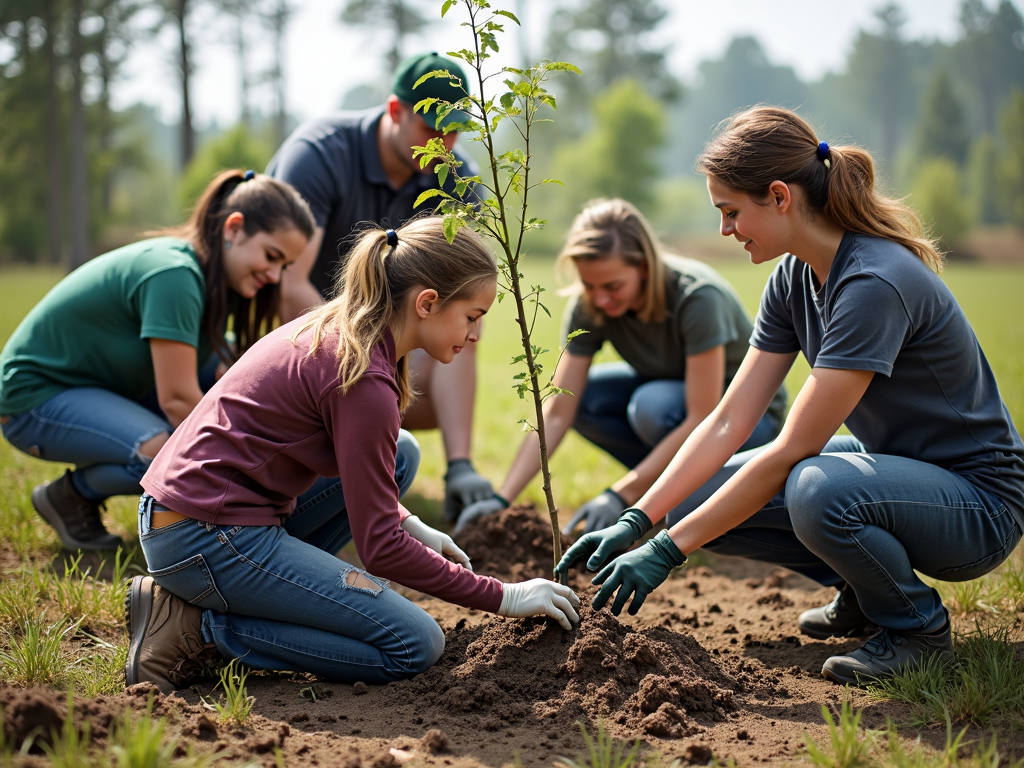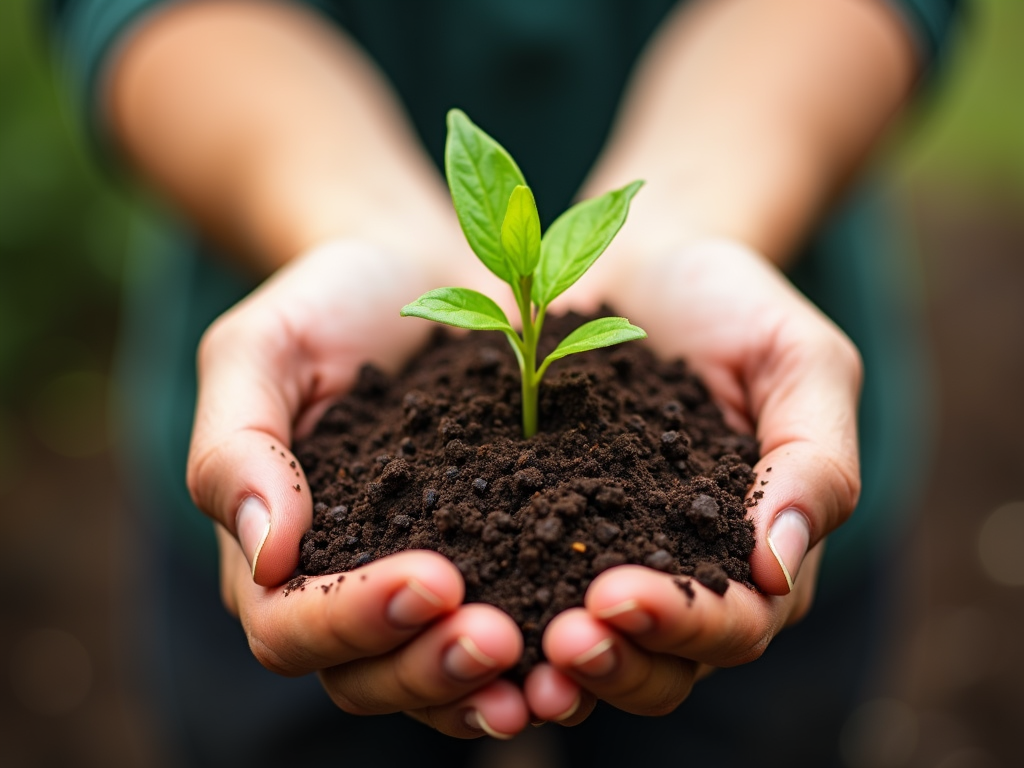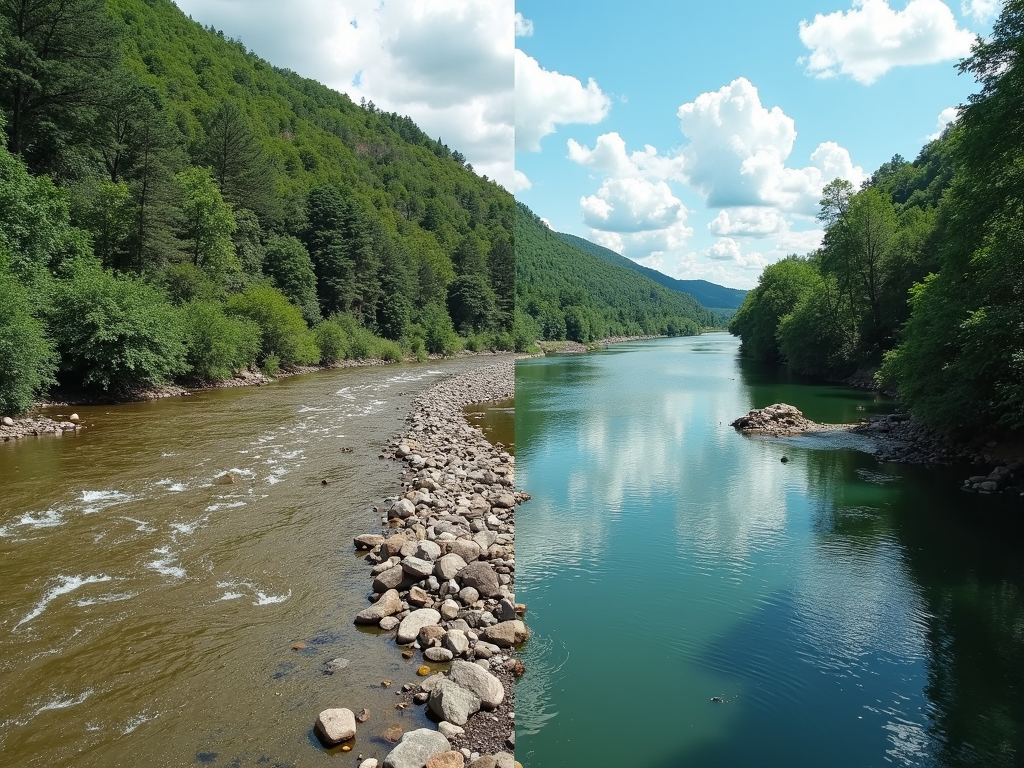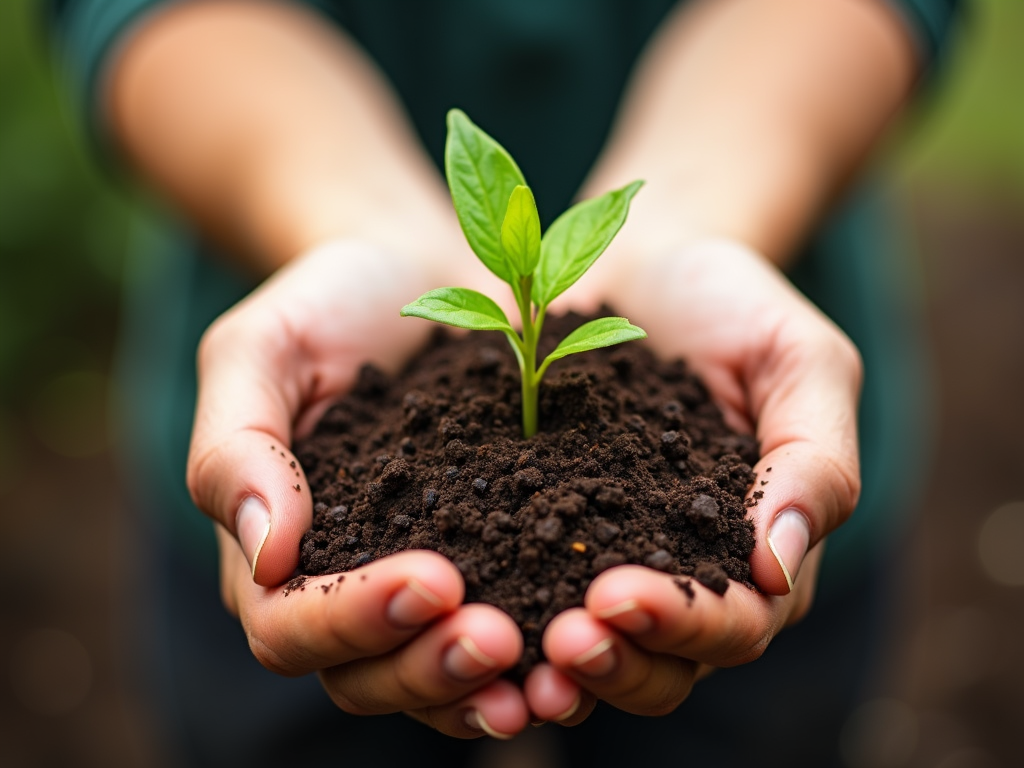The Benefits of Volunteering in Environmental Conservation: A Comprehensive Guide
By , March 18, 2025
Volunteering in environmental conservation is more than just a way to give back—it's an opportunity to grow personally, develop new skills, and make a real difference in the world. Whether you're a college student looking to enhance your resume or someone passionate about protecting the planet, this article will guide you through the benefits, opportunities, and ways to get started in environmental conservation volunteering.

Environmental conservation is the practice of protecting and preserving natural resources, ecosystems, and biodiversity. It involves efforts to prevent pollution, reduce waste, and ensure that future generations can enjoy the beauty and benefits of nature. Volunteering plays a crucial role in these efforts, as it allows individuals to contribute their time and energy to projects that might otherwise lack the resources to succeed. From planting trees to cleaning up beaches, volunteers are the backbone of many conservation initiatives.
Volunteering in environmental conservation offers a wealth of personal benefits. For one, it helps you develop valuable skills such as teamwork, leadership, and problem-solving. Imagine working with a diverse group of people to restore a wetland—each person brings their unique strengths to the table, and together, you learn to collaborate effectively. Moreover, volunteering can lead to personal growth and self-discovery. Stepping out of your comfort zone to tackle environmental challenges can boost your confidence and resilience. You might find yourself inspired by the beauty of nature and the impact of your work, fostering a deeper connection with the environment. Building a sense of community is another significant benefit. Volunteering brings people together who share a common goal, creating bonds and friendships that can last a lifetime. Whether you're working alongside fellow students or community members, the shared experience of making a difference can be incredibly rewarding.

The impact of volunteering on environmental conservation cannot be overstated. Volunteers contribute to a wide range of projects, from habitat restoration to wildlife monitoring. For example, in the Great Barrier Reef, volunteers have helped to remove invasive species and monitor coral health, playing a vital role in preserving this natural wonder. Another success story is the restoration of the Chesapeake Bay, where volunteers have planted millions of oysters to improve water quality and restore marine habitats. These efforts not only benefit the environment but also support local economies and communities that rely on healthy ecosystems. In addition, volunteers have played a crucial role in protecting endangered species. For instance, in Costa Rica, volunteers assist with sea turtle conservation by monitoring nesting sites and protecting eggs from poachers. These efforts have helped increase turtle populations and ensure the survival of these magnificent creatures.
College students have unique opportunities to engage in environmental conservation volunteering. Many organizations offer programs specifically designed for students, combining hands-on work with educational components. For instance, the Student Conservation Association (SCA) provides internships and volunteer positions in national parks and other protected areas, allowing students to gain practical experience while contributing to conservation efforts. Volunteering can also enhance a student's resume and career prospects. Employers value the skills and experiences gained through volunteer work, such as leadership, adaptability, and a commitment to social responsibility. Additionally, volunteering can provide networking opportunities and help students explore potential career paths in environmental science, policy, or advocacy.

Service learning is an educational approach that combines academic instruction with community service. In the context of environmental conservation, service learning allows students to apply classroom knowledge to real-world challenges while making a positive impact. For example, a biology class might partner with a local conservation group to study and restore a nearby ecosystem, providing students with hands-on experience and a deeper understanding of environmental issues. Service learning benefits both students and the community. Students gain practical skills and a sense of civic responsibility, while the community benefits from the contributions of engaged and motivated volunteers.
Here are five notable opportunities for volunteering in environmental conservation:
- National Park Service Volunteer Program
-
Work in some of the most beautiful and iconic landscapes in the United States, assisting with trail maintenance, visitor education, and resource management.
-
WWF Global Conservation Projects
-
Join international efforts to protect endangered species and habitats, with opportunities ranging from field research to community outreach.
-
Local Community Gardens
-
Help maintain urban green spaces, promote sustainable agriculture, and educate the community about the importance of local food systems.
-
Beach and River Cleanups
-
Participate in organized events to remove trash and debris from waterways, protecting marine life and improving water quality.
-
Tree Planting Initiatives
- Contribute to reforestation efforts by planting trees in deforested areas, helping to combat climate change and restore ecosystems.

If you're interested in volunteering for environmental conservation, here are some tips to help you get started:
-
Research Opportunities: Look for organizations and projects that align with your interests and skills. Websites like VolunteerMatch and Idealist can help you find local and international opportunities.
-
Consider Your Availability: Determine how much time you can commit, whether it's a few hours a week or a longer-term project.
-
Prepare for the Experience: Depending on the project, you might need to undergo training or prepare physically for outdoor work. Make sure to understand the requirements and expectations.
-
Stay Open-Minded: Volunteering can be challenging, but it's also incredibly rewarding. Embrace the experience and be open to learning new things.
Volunteering in environmental conservation is a powerful way to make a difference, both for the planet and for yourself. From developing new skills to building a sense of community, the benefits are numerous and far-reaching. Whether you're a college student looking to enhance your education or someone passionate about protecting the environment, there are countless opportunities to get involved. Take the first step today and discover how you can contribute to a healthier, more sustainable world.
